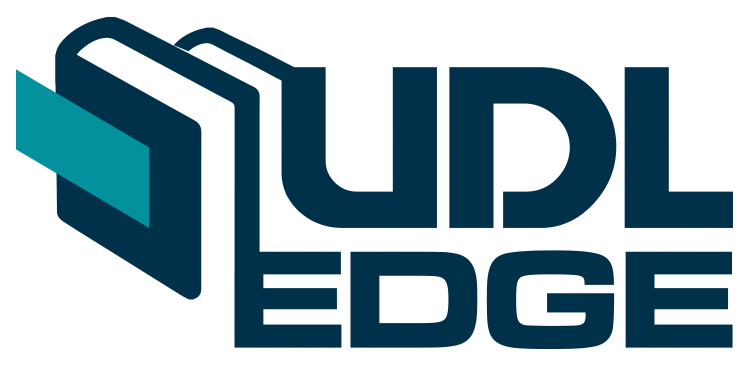Towards Understanding the Concept of Fatwa on Medical Treatment Involving Forbidden Sources
Tinjauan Terhadap Pemahaman Konsep Fatwa dalam Rawatan Perubatan yang Melibatkan Sumber-Sumber Haram
DOI:
https://doi.org/10.22452/KATHA.vol20no1.1Abstract
The number of patients is believed to be increasing each year due to various diseases affecting a portion of the population, leading to an urgent need for modern medicines to treat patients in this country. However, an issue arises due to the use of forbidden substances such as pork, toxins, alcohol, and the like for medicinal purposes, despite Islam prohibiting the use of such substances. Therefore, this article aims to discuss the legality of treatment using forbidden sources and establish guidelines for its use from the perspective of Islam. This study employs qualitative methods and content analysis. Information sources are obtained from books, theses, and journal articles to compile a detailed study, subsequently analyzed descriptively. The study finds that the use of forbidden sources for medical purposes is permissible to save lives in emergency situations, subject to specific conditions.
Keywords: Treatment, Disease, Islam, Emergency, Forbidden.
Downloads
Downloads
Published
How to Cite
Issue
Section
License
Copyright (c) 2024 KATHA- The Official Journal of the Centre for Civilisational Dialogue

This work is licensed under a Creative Commons Attribution-NoDerivatives 4.0 International License.
Articles submitted to the journal should not have been published before in their current or substantially similar form, or be under consideration for publication elsewhere. Authors submitting articles for publication warrant that the work is not an infringement of any existing copyright and will indemnify the publisher against any breach of such warranty. For ease of dissemination and to ensure proper policing of use, papers and contributions become the legal copyright of the publisher unless otherwise agreed. By submitting a manuscript, the author(s) agree that copyright for the article is transferred to the publisher, if and when the manuscript is accepted for publication. However, it can be reprinted with a proper acknowledgment that it was published in KATHA.

This work is licensed under a Creative Commons Attribution-NonCommercial-NoDerivatives 4.0 International License.




